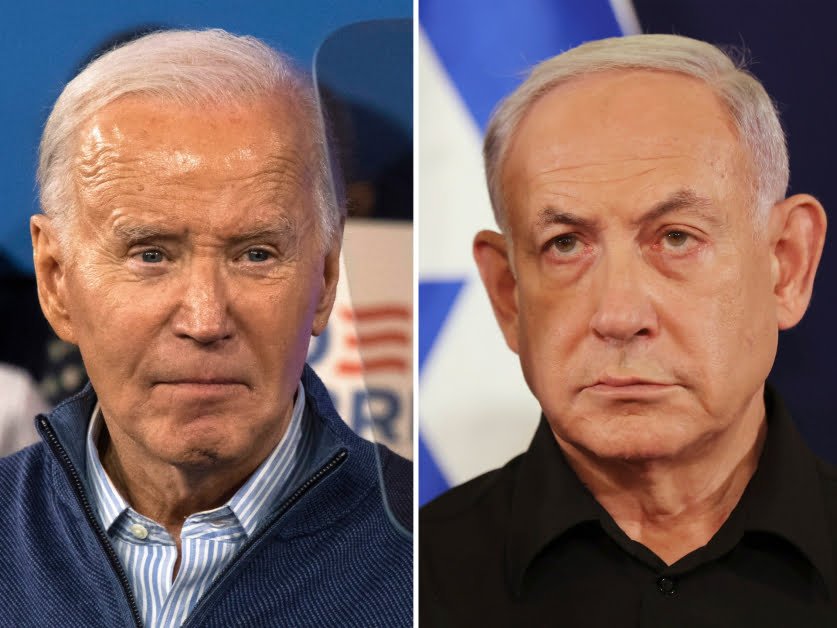The United States has recently made the decision to halt the shipment of certain heavy bombs to Israel, with US President Joe Biden vowing to stop the supply of offensive weapons and artillery shells if Israel proceeds with its assault on Gaza’s Rafah. The US has paused the shipment of heavy bombs, including 2,000-pound and 500-pound bombs, as well as Boeing’s Joint Direct Attack Munitions, which are guidance kits that convert traditional bombs into precision-guided munitions.
The decision to halt the shipment of these bombs was made in response to concerns about the indiscriminate and devastating impact these weapons have on civilian populations. Defense Secretary Lloyd Austin stated that the US is reviewing its security assistance to Israel in light of the ongoing attacks on Rafah, emphasizing the need to protect civilians in conflict zones.
The use of heavy bombs in densely populated areas like Gaza can have severe consequences, with a 500-pound bomb capable of causing significant damage within a 20-meter radius and a 2,000-pound bomb having a destruction radius of 35 meters. The pressure from the explosion can result in serious injuries, including burst sinus cavities and severed limbs.
While aerial bombing in densely populated areas is not explicitly illegal in international humanitarian law, any civilian casualties must be proportionate to a specific military objective. Israel’s actions in Gaza are being scrutinized by the International Criminal Court, which is investigating potential war crimes.
Israel has defended its actions, stating that its primary goal is to target Hamas and that it takes precautions to avoid civilian casualties. However, the ongoing conflict has led to a significant number of civilian deaths and displacement, with millions of Palestinians seeking shelter in Rafah.
The US provides significant military aid to Israel, totaling about $3 billion annually, primarily in the form of Foreign Military Financing. Israel has been a major recipient of US aid since its founding, receiving a total of $297 billion in military and economic assistance. The US has previously paused military aid to Israel in 1982 following the use of cluster weapons on civilian populations during the invasion of Lebanon.
The situation in Rafah remains tense, with Israel launching a military offensive and seizing control of the Rafah border crossing with Egypt. The conflict has resulted in a large number of civilian casualties and displacement, with observers expressing concern over the lack of safe havens for civilians in the region.


